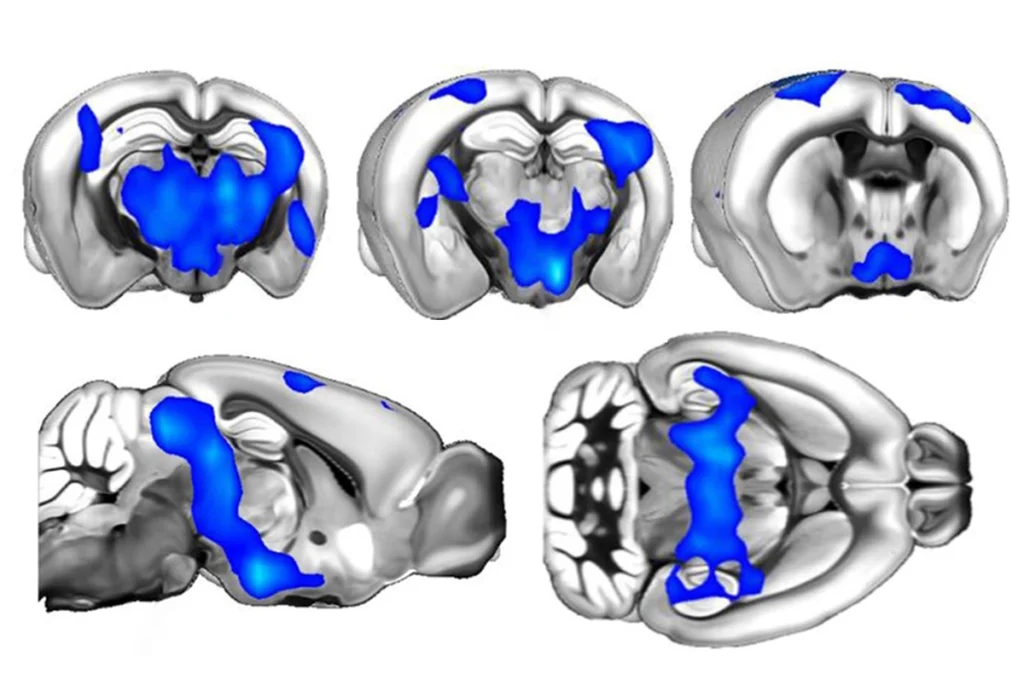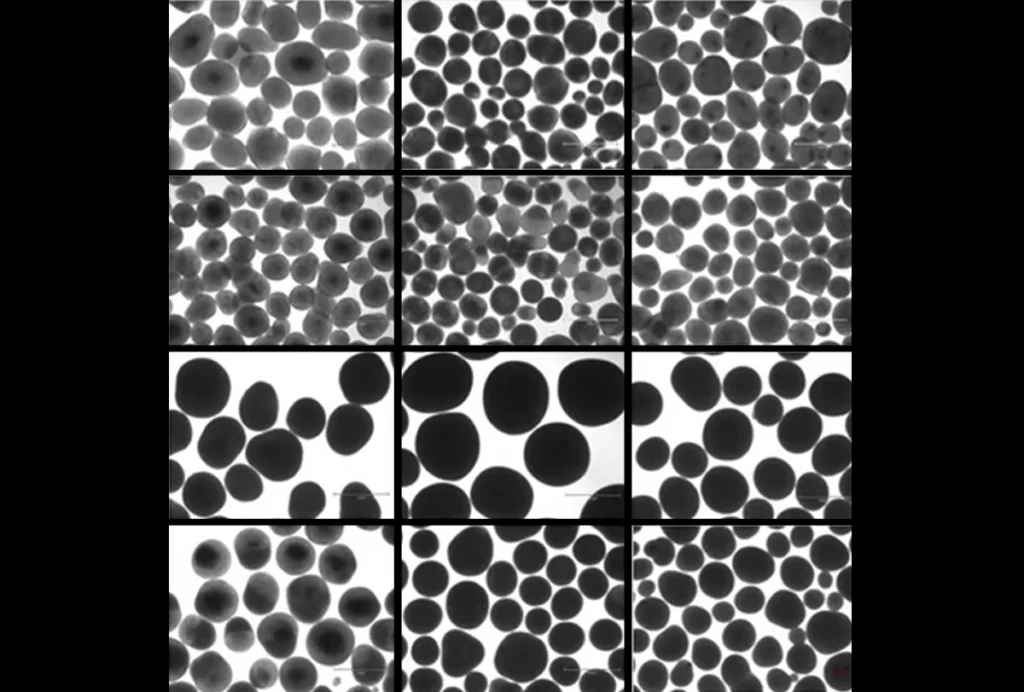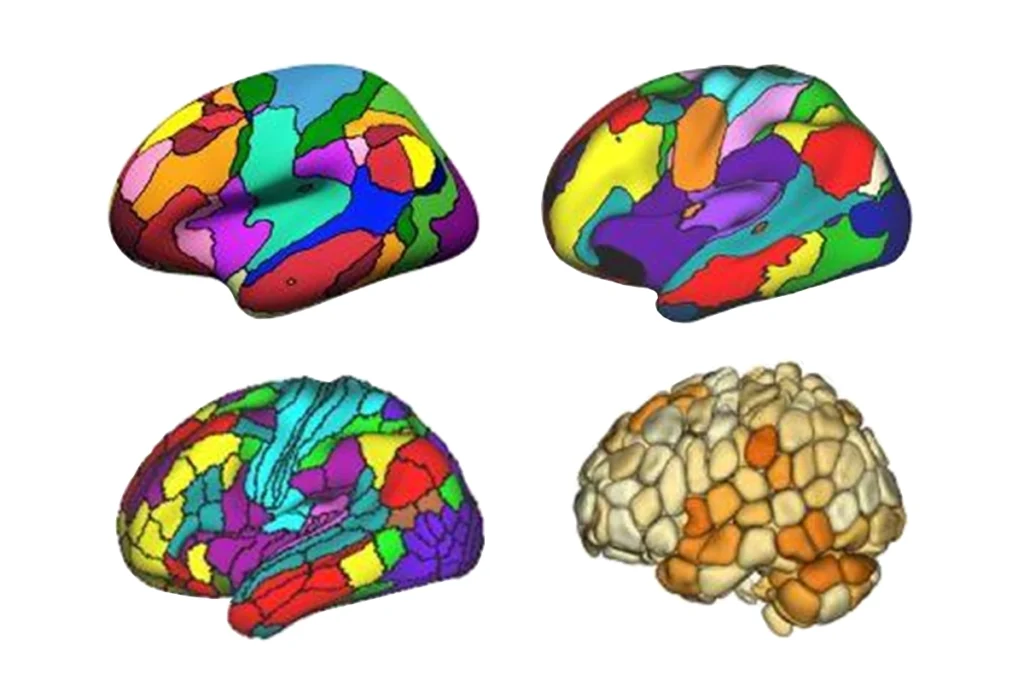Neurogenesis gone wrong
Schizophrenia may be a consequence of neuronal birth gone awry, according to unpublished research presented today at the Society for Neuroscience conference.
Schizophrenia may be a consequence of neuronal birth gone awry, according to unpublished research presented today at the Society for Neuroscience conference.
The formation of new neurons ― or neurogenesis ― is an intricate process that occurs in both developing and adult brains. Neural stem cells first give rise to round nerve cell bodies, which then form long and skinny nerve projections through various layers of the cortex and synaptic connections to larger other networks of neurons.
Studying brain cells in culture, neuroscientist Guo-li Ming from Johns Hopkins University compared the entire process of neurogenesis in the hippocampus of normal mice and in mice with reduced expression of DISC1, a gene that has been strongly associated with schizophrenia.
Neurogenesis is abnormal in cells from the DISC1 knockdown mice, the researchers found. Compared with controls, newborn cells in the DISC1 knockdowns have enlarged bodies, accelerated growth of nerve fibers, and accelerated formation of synapses. The neurons’ axons ― the part of the neuron that sends forward messages to other cells ― also make abnormal projections into extra layers of the cortex.
DISC1 was first discovered in 2000 in a Scottish family, many members of which have either schizophrenia or bipolar disorder. Mutations in DISC1 are now known as the most significant genetic markers of schizophrenia. In February, a study of 126 Finnish families showed that DISC1 disruption is also associated with autism and Asperger syndrome.
Due to schizophreniaʼs incredible complexity and the large size of the DISC1 gene, however, Ming is hesitant to speculate about the implications of her work in the clinic. “It’s difficult to say that this simple knockdown of DISC1 would capitulate as a disease model of schizophrenia,” she says.
For all reports from the Society for Neuroscience annual meeting, click here.
Recommended reading

Building an autism research registry: Q&A with Tony Charman

CNTNAP2 variants; trait trajectories; sensory reactivity

Brain organoid size matches intensity of social problems in autistic people
Explore more from The Transmitter

Cerebellar circuit may convert expected pain relief into real thing

